29
2013Jeff Gaydash Photography
Jeff Gaydash Photography
http://www.jeffgaydashstudios.com
http://www.flickr.com/jeffgaydash
http://jeffgaydash.portfolio.artlimited.net/
What kind of equipment (camera body, lens, filters, flash, tripod, cleaning equipment other) do you use?
I have a few film cameras but mostly shoot with a Nikon D800E. I was planning on moving up to a medium format digital back before hearing rumors of a 36MP DSLR and I have found the D800E to be quite an amazing piece of equipment that allows me to create quite large prints and maintain very good sharpness. It is the first DSLR I have used that begins to push the limits of many lens designs so it’s essential that you use top quality optics and shoot at the optimum apertures to avoid lens diffraction. I shoot almost exclusively with prime lenses and have an old Nikkor 18mm f/3.5, 50mm 1.4, 24mm and 85mm PC-E tilt/shift lenses. I carry a variety of ND filters for making long exposures, including the Lee Big Stopper and a handful of B+W filters including the 10-stop ND 110. I am a big fan of Really Right Stuff and use their full-size ballhead along with a handful of rails and clamps that allow me to use my DSLR more like a view camera. I use a very heavy studio tripod to keep it all nice and stable.
What do you like and dislike about your equipment, specially your camera, and how would you improve it?
I don’t have any complaints. I research equipment thoroughly prior to purchasing and buy the best equipment I can afford. These days we shouldn’t be complaining about our photographic equipment as imaging technology has gotten so incredibly good, it is easier than ever to make high quality images. Photography is more accessible to the masses than it has ever been.
What is your favourite lens, and why?
I don’t have a single favorite lens. Every lens in my bag serves a specific purpose and I choose the one that is right for each particular shooting situation. I prefer manual, fixed focal length lenses, especially the Nikkor PC-E (perspective control) lenses that allow you to maintain control of focus and perspective. Prior to shooting digital, I primarily used large format view cameras, so having that level of control is something I have grown accustomed to.
When you travel, what is in your essential photographic kit bag?
In addition to all the things I mentioned in the first question, I have a digital exposure timer which is very handy for making accurate long exposures, a backup manual shutter release cable, a Sekonic digital spot meter, filters, lens hoods, rails, clamps, memory cards and all the other usual trinkets. I have three Nikon SB-600 Speedlights and Phottix Odin radio triggers in a separate case for any location work which requires supplemental lighting.
What kind of software/tools do you use for post-processing, if any?
I use Photoshop and Lightroom. You can maintain a very high quality, professional workflow by using those two tools. I am not a fan of all the specialized photographic software that is out there. In my opinion it’s completely unnecessary and most often contributes to more pixel degradation than it’s worth. The images I make are created with the intention of being printed, not just low resolution uploads to a website. I am a huge proponent of non-destructive editing techniques which I feel are essential in creating the highest quality photographic prints possible. I use the X-Rite i1Pro for monitor calibration and printer profiling. Proper calibration and accurate profiling is essential and an extremely important part of my workflow.
How long have you been taking photographs? How do you find inspiration? How do you take your pictures?
I have been intrigued by photography since I was a small child. I remember having a picture book on the state of Michigan and when our family would go on vacation I would ask my parents to go to the places where the images were taken in the book. I would try to stand in the exact same place as the photographer did and try to replicate the shot in the book as best as I could. For some reason I was fascinated by this. I think it had a lot to do with time and place, how the same scene always looked so vastly different each time I visited a location. It was always a unique experience. I get much of my inspiration from these concepts of time and how it effects place, especially how man made things are effectively ever changing. I think photography is the perfect medium for dealing with these concepts, as a photograph is inherently a product of time and place. I believe that’s why I became attracted to photography as a means of self expression at such a young age.
Which style of photography do you like the most, and why?
I wouldn’t say I particularly favor any style of photography over another, but I am definitely more attracted to black and white images over color. It doesn’t matter if it’s a landscape, portrait or still life, I get much more enjoyment in seeing a beautifully done black and white image over a color one. A black and white photograph takes the viewer further from reality, is less literal and opens the door to deeper interpretation as to what an image is about. Without the distraction of color the viewer is more easily drawn in to the light, form, texture and the interplay of tones in the image. There is also a certain nostalgia to a black and white photograph that I really enjoy and I feel it plays an important role in my own work.
What goal are you working towards within your photography and when will you know you have reached it?
I have set plenty of goals over the course of my photographic journey but they have proved mostly elusive. Beyond selling my first photograph, being published, winning prestigious international awards or obtaining gallery representation, being able to consistently produce images that live up to my own personal high standards has been the most challenging and the most rewarding. Most artists would agree that they are their own worst critic and I am definitely guilty of that. The technical skills of photography are fairly easily mastered, but it has taken me years to mature as an artist and be able to produce images that I am truly proud of.
Looking at your own work, which piece is your favourite? Why? Please provide a link to the picture.
Now that’s not a fair question! That’s like asking someone to pick which of their children is their favorite. There is a reason as to why each and every image I put out there was made and they all have special meaning to me. My work as a whole speaks to who I am as an artist and how I see the world around me. It’s personal. That being said, there are many images that I feel have a higher quality of success and certainly that is objective. I find it interesting that most often my own personal favorites are not necessarily the ones that gain the most attention from others.
Does your work fit into any one or more distinct genres (nature, landscape, long-exposure, black-and-white, infra-red, urban, artistic, macro, vintage, vernacular, social, street)? If other, please specify.
I work exclusively in black and white, but other than that I don’t necessarily work in any single genre. Although I have come to be known as a “long exposure photographer” it’s just one of the techniques I use and many of my best images aren’t long exposures. Similarly, I often use selective focus techniques often referred to as “tilt/shift” photography, but again I wouldn’t classify myself as a tilt/shift photographer. My subjects range from seascapes, landscapes, architectural, industrial, abstract and even the occasional still life. I strive to create images with a strong sense of composition and mood. If I had to put a label my work, I suppose I would consider it as classic black and white photography.
Are there any photography websites that you visit regularly?
I used to really enjoy the Flickr community and have found much inspiration there as well as meeting some really great people. I really love Art Limited as the quality of work is very high and truly inspiring. Then there’s 500px, Google+, 1x, Instagram, Twitter, Facebook and I am sure a few others I don’t even know about. The online photographic community has grown exponentially over the past few years and although it’s a wonderful thing for photography in general, I have honestly lost my way in trying to keep up with everything out there. In many ways I wish things were back to the way they were a few years ago when you could spend your time in only one or two communities and not feel like you are missing out on something.
What is the one most important lesson that you have learned since you started taking photographs?
I’d like to give you a few thoughts on this if I may.
Keep it simple and have fun. Don’t get too wrapped up in equipment, work with what you have. Better equipment won’t make you a better photographer. Make images that you want to make, not based on what other people think. Don’t look back, embrace frustration and keep moving forward. If you are new to photography, experiment with all kinds of subjects and techniques. Don’t try to force yourself into a certain style, it will come to fruition on its own accord as you mature as an artist and begin to see the world around you in a different way. Be patient.
And finally, what other interesting photographers would you like to see in this blog?
Moises Levy, Regan Shercliffe, Brian Day, Matt Toynbee and Cole Thompson all produce admirable work, have created their own individual styles and would be interesting reads.
Thank you for the opportunity to share my thoughts.
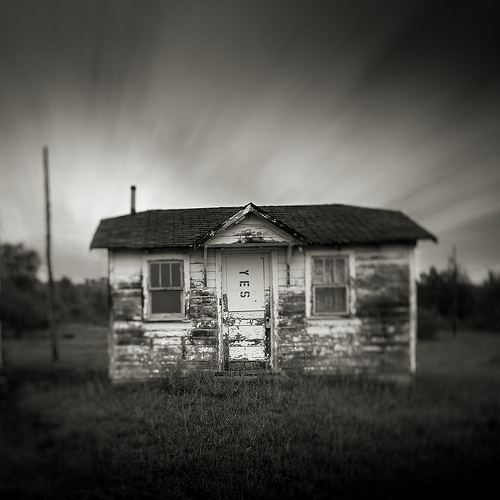
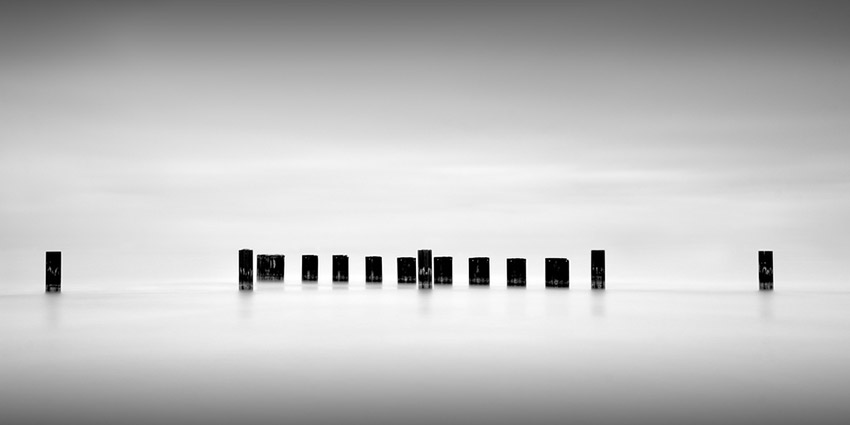
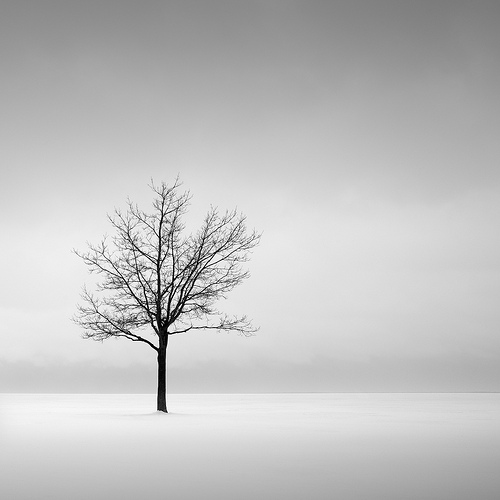
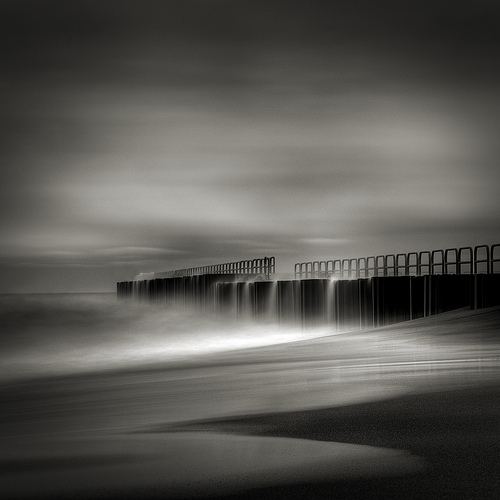
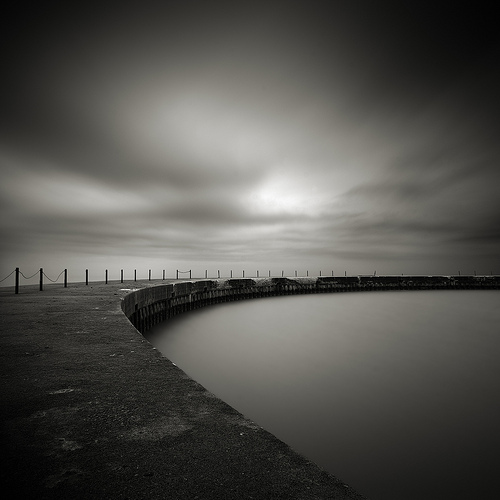
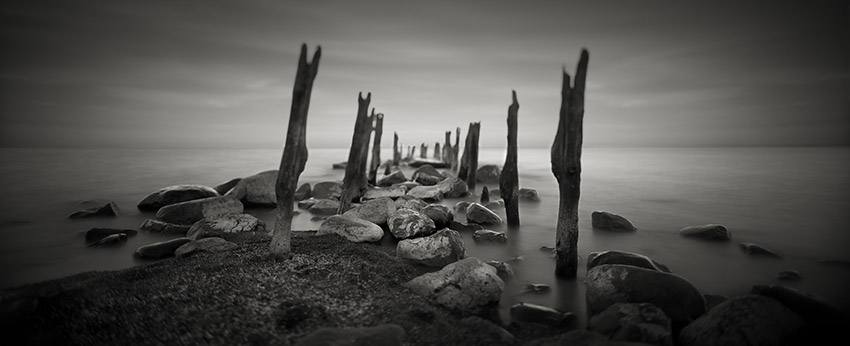
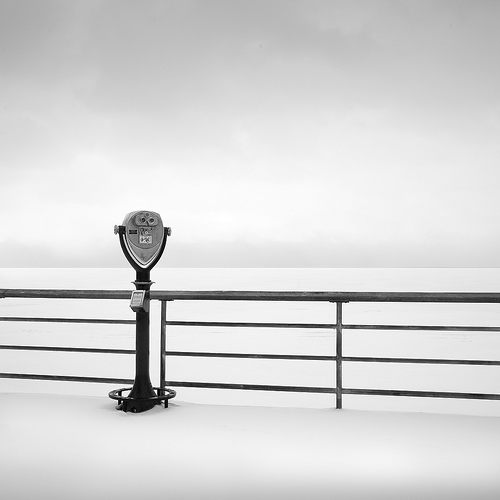
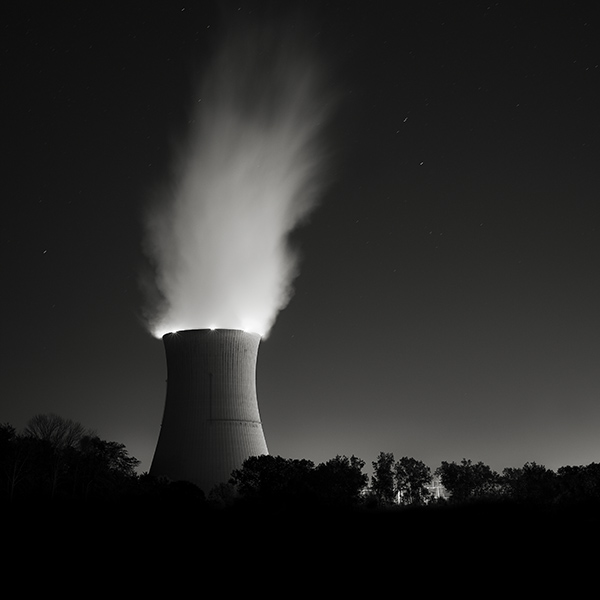
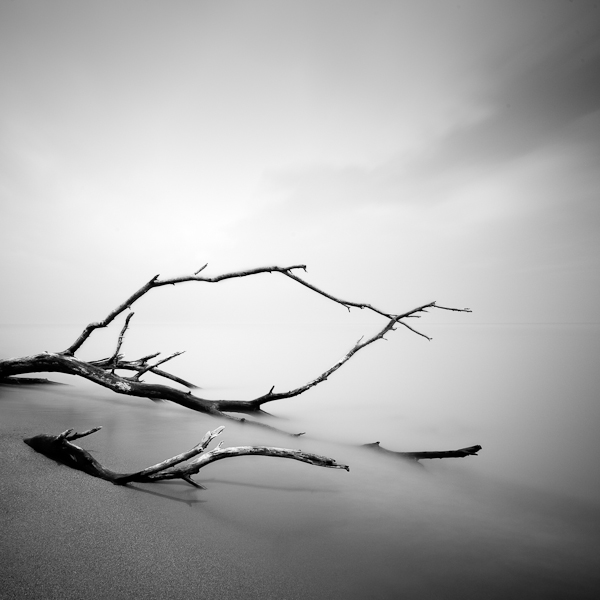
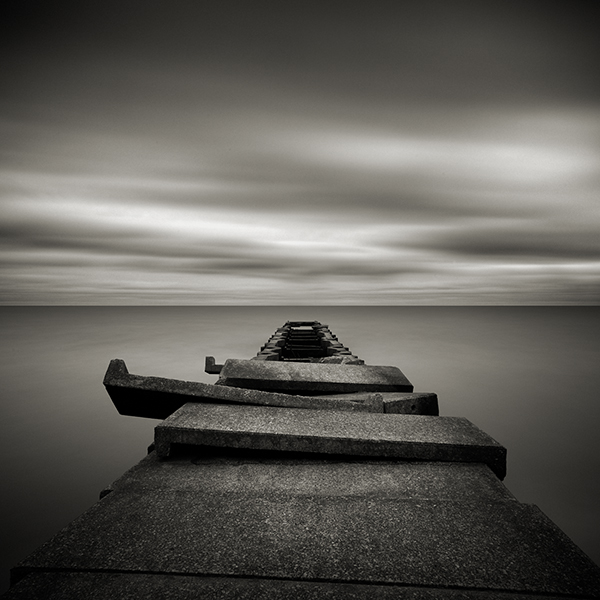
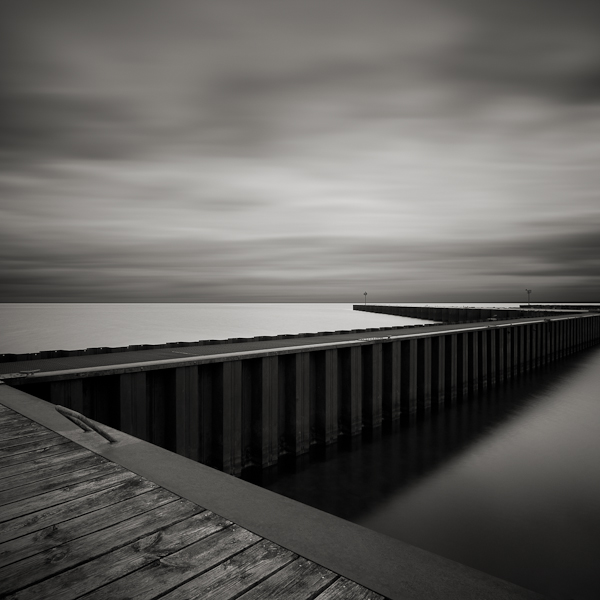
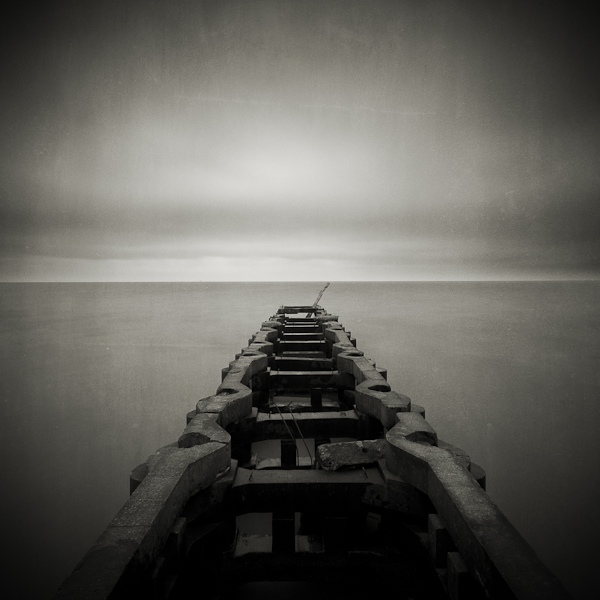
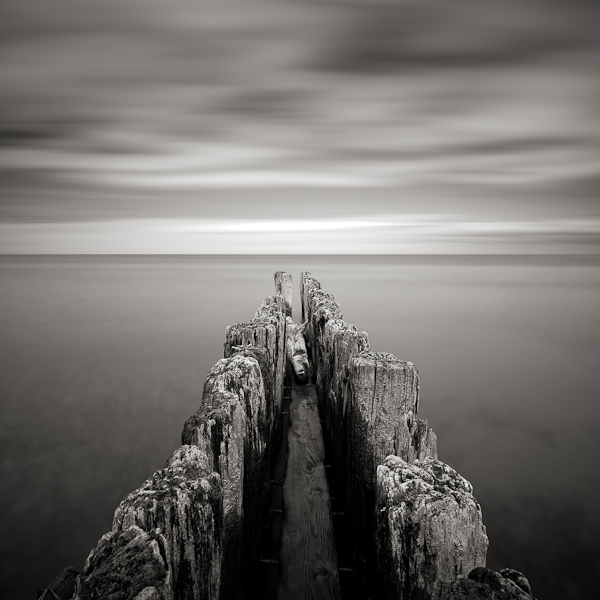
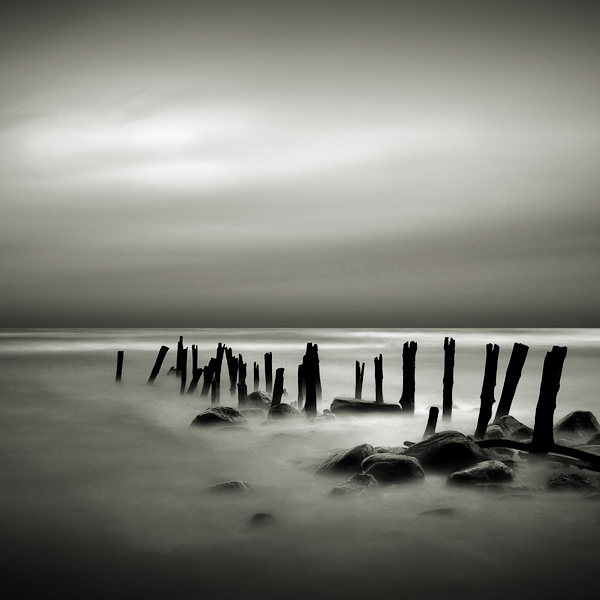
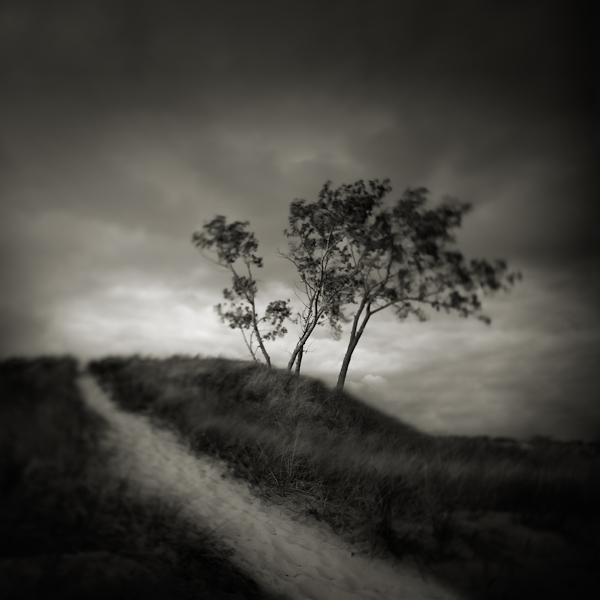
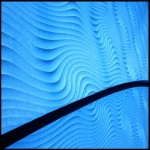
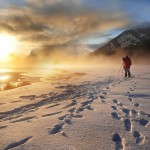
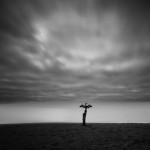
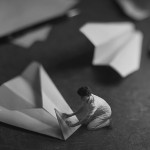
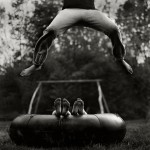
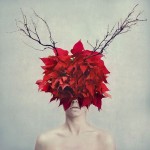
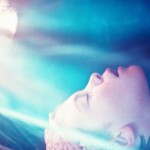
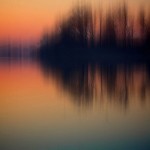
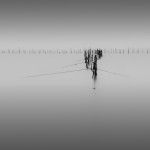
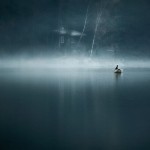
Nathan Wirth
Always a pleasure to read your thoughts and revisit your work, Jeff!